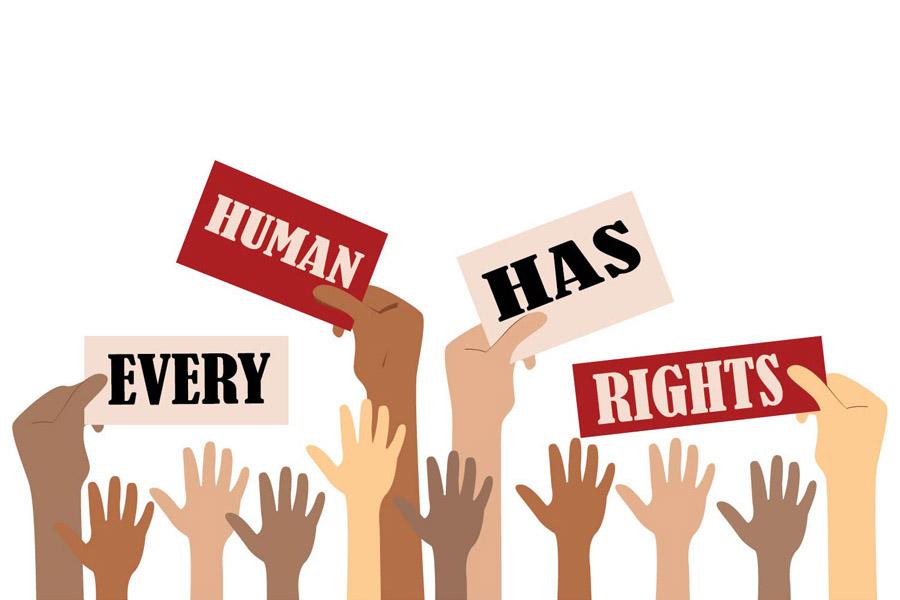By: Zara Amoon
Pakistan, a nation rich in history and culture, grapples with complex issues surrounding human rights. Despite progress in certain areas, significant challenges persist, raising concerns both domestically and internationally. This article explores the multifaceted human rights situation in Pakistan, analyzing key issues, ongoing efforts, and the road ahead.
Pakistan’s journey with human rights is intertwined with its tumultuous history. From its partition from India in 1947 to periods of military rule, the nation has faced various socio-political upheavals. These transitions have influenced the evolution of human rights discourse, shaping its contemporary landscape.
Freedom of Expression: While enshrined in the constitution, freedom of expression in Pakistan faces constraints. Journalists, activists, and minorities often encounter censorship, intimidation, and violence, hindering open discourse.
Gender Inequality: Despite legislative measures, gender disparities persist. Women and girls face discrimination in education, employment, and access to healthcare. Honor killings, child marriages, and domestic violence remain pervasive issues.
Religious Minorities: Pakistan’s diverse religious landscape includes Muslims, Christians, Hindus, Sikhs, and others. However, religious minorities encounter discrimination, blasphemy laws, and targeted violence, undermining their rights and safety.
Enforced Disappearances: The phenomenon of enforced disappearances, where individuals are abducted by state or non-state actors without legal recourse, continues to plague Pakistan. Families are left in anguish, seeking answers and justice.
Counter terrorism Measures: While combating terrorism is crucial, counterterrorism measures sometimes infringe upon civil liberties. Arbitrary arrests, extrajudicial killings, and the use of military courts raise concerns about due process and accountability.
Legislative Reforms: Pakistan has taken steps to address human rights challenges through legislative reforms. Efforts to strengthen laws on women’s rights, child protection, and minority rights demonstrate a commitment to change.
Judicial Activism: Pakistan’s judiciary plays a vital role in safeguarding human rights. Landmark decisions and suo moto actions have led to increased accountability and protection of individual liberties.
Civil Society Engagement: Civil society organizations and human rights defenders play a crucial role in advocating for change. Through awareness campaigns, litigation, and grassroots mobilization, they amplify voices and hold authorities accountable.
International Engagement: Pakistan engages with international human rights mechanisms, including treaty bodies and the UN Human Rights Council. Participation in these forums fosters dialogue, scrutiny, and collaboration on human rights issues.
Strengthening Institutions: Enhancing the capacity and independence of state institutions, including the judiciary, law enforcement agencies, and human rights commissions, is essential for upholding human rights norms.
Promoting Education and Awareness: Education and awareness campaigns can challenge societal norms, combat discrimination, and promote a culture of tolerance and respect for human rights.
Addressing Structural Inequalities: Addressing underlying socio-economic inequalities, including poverty, lack of access to education, and unequal distribution of resources, is crucial for advancing human rights for all.
Fostering Dialogue and Collaboration: Building bridges between government, civil society, and marginalized communities fosters inclusive decision-making and sustainable solutions to human rights challenges.
Pakistan’s human rights journey is marked by a complex interplay of progress and challenges. While significant strides have been made in legislative reforms, judicial activism, and civil society engagement, entrenched issues persist, demanding sustained efforts for change. By strengthening institutions, promoting education, addressing inequalities, and fostering dialogue, Pakistan can move closer to realizing the vision of a just and inclusive society where human rights are respected and protected for all.


